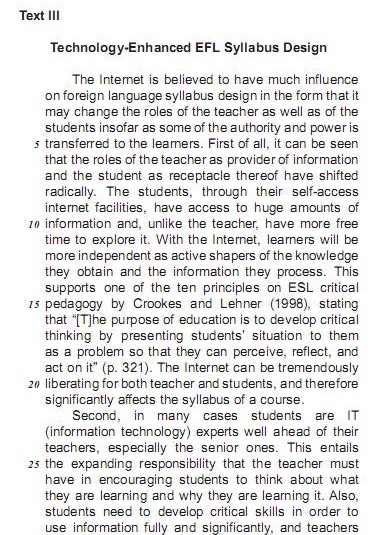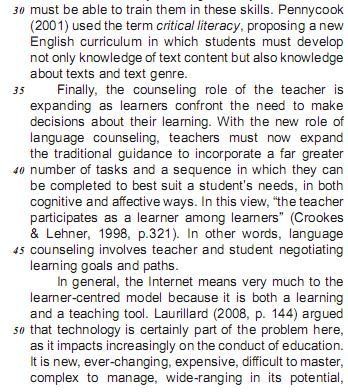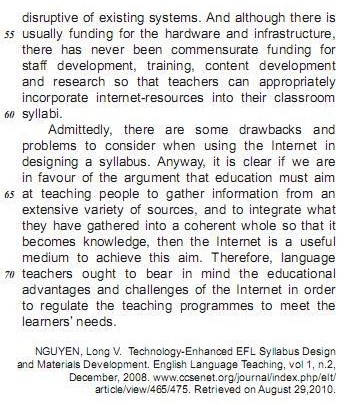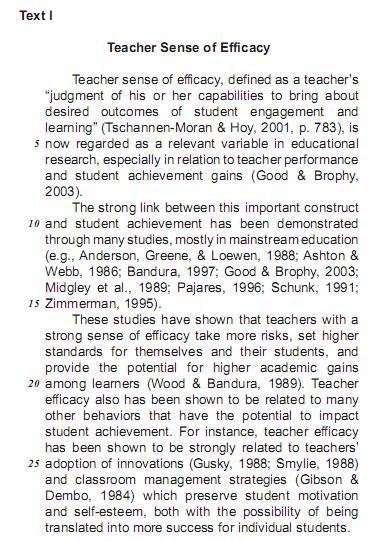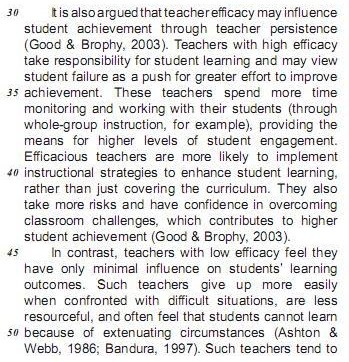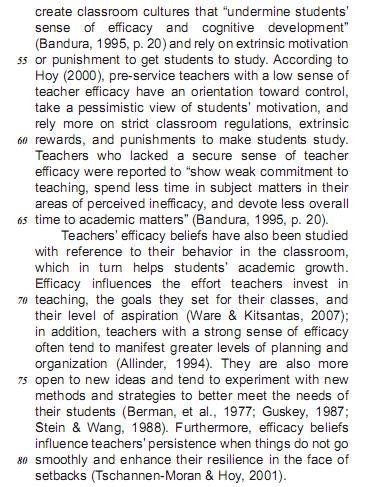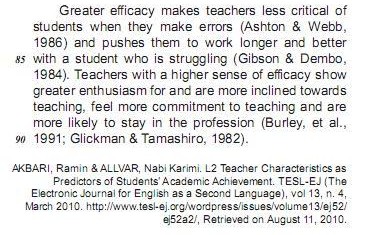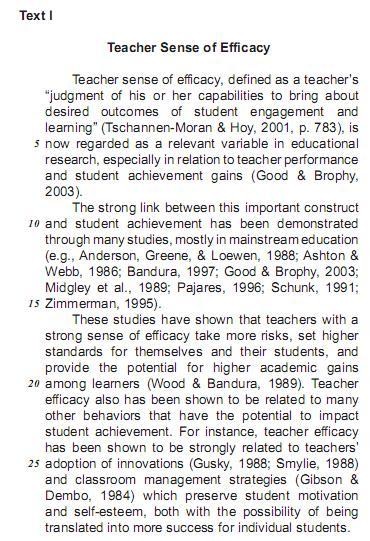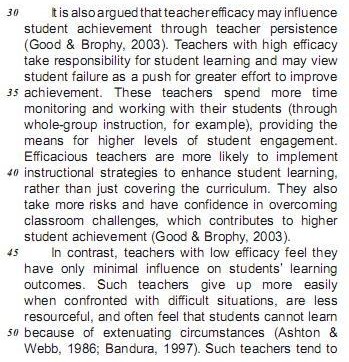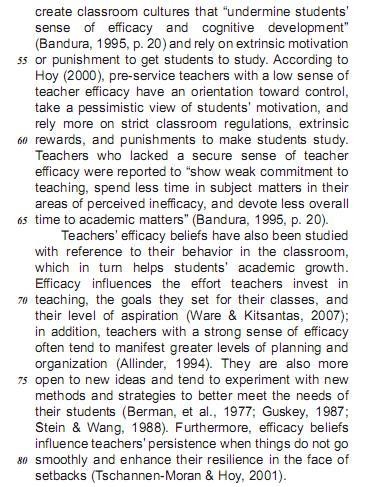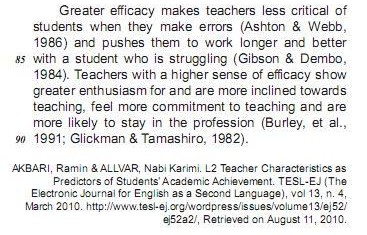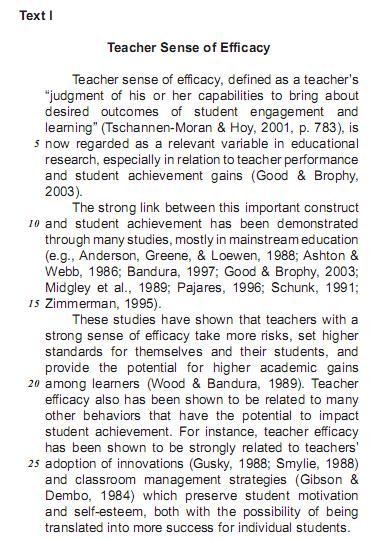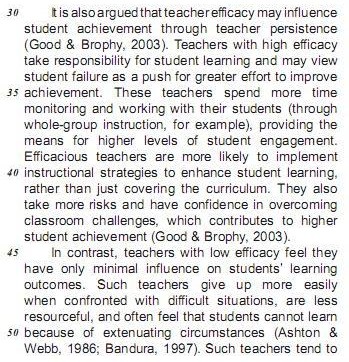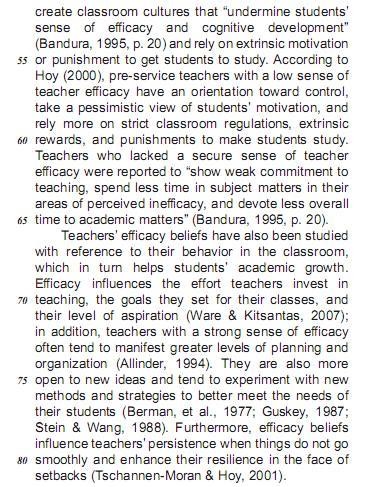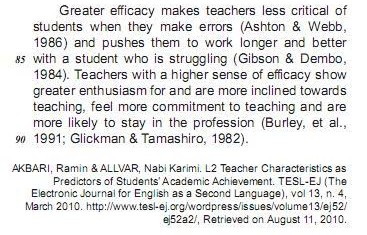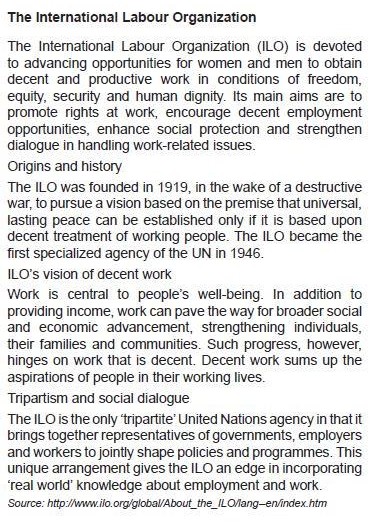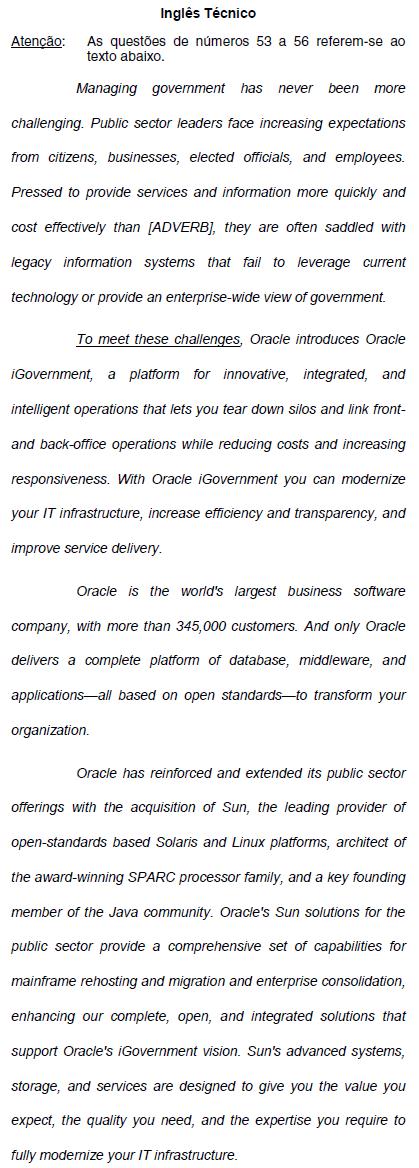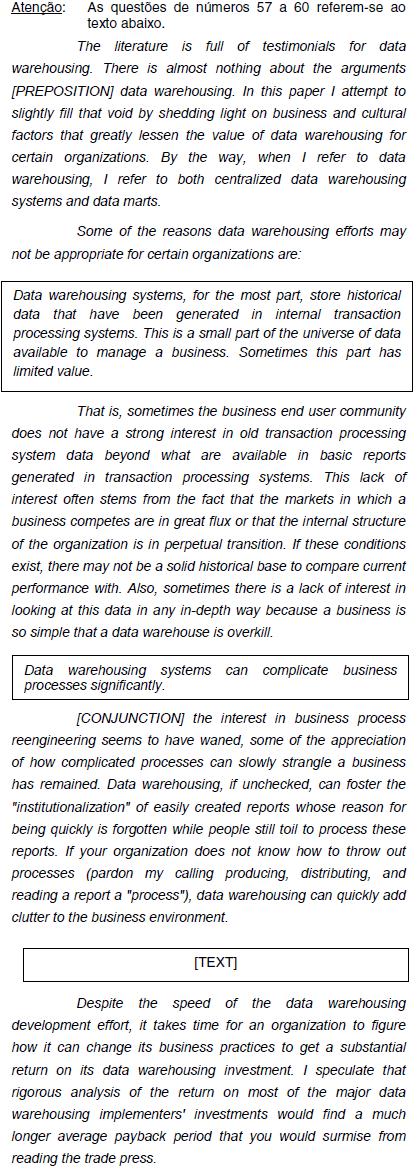In questions 46 to 50 you will be analyzing a series of reading activities that an EFL (English as a Foreign Language) teacher has prepared for her students in the 8th grade (8o ano do Ensino Fundamental).

The following statements express justifications for the inclusion of Activity 2 in an EFL reading class.
I - It can be considered a challenging and, possibly, motivating reading comprehension task since it helps students arrive at a general understanding of a piece of text and a detailed understanding of its sentences and linguistic elements.
II - By guessing the missing words in the blanks during the pre-reading phase, the students will be able to identify the writers intent and become more proficient readers.
III - By using their imagination and comparing their guesses with their peers and the original version, the students are learning to resort to their own previous knowledge and confirm or reject expectations in reading a text.
IV - Dynamic activities in which students get involved with the text without actually reading it at first can be one way of motivating them to search for the meanings implied in the original version of the passage.
The correct statements are
The fragment in which the word with the ING suffix functions as a noun is

This perspective can be linked to the main argument exposed in Text I in that
In the fragments a teachers judgment of his or her capabilities to bring about desired outcomes (lines 1-3) and rely on extrinsic motivation or punishment to get students to study. (lines 54-55), the expressions bring about and rely on mean, respectively,
Companies in the rich world are confronted with a rapidly
ageing workforce. Nearly one in three American workers
will be over 50 by 2012, and America is a young country
compared with Japan and Germany. China is also ageing
rapidly, thanks to its one-child policy. This means that
companies will have to learn how to manage older workers
better.
Most companies are remarkably ill-prepared. There was a
fl icker of interest in the problem a few years ago but it was
snuffed out by the recession. The management literature
on older workers is a mere molehill compared with the
mountain devoted to recruiting and retaining the young.
Companies are still stuck with an antiquated model for
dealing with ageing, which assumes that people should
get pay rises and promotions on the basis of age. They
have dealt with the burdens of this model by periodically
"downsizing" older workers or encouraging them to take
early retirement. This has created a dual labour marketfor
older workers, of cosseted insiders on the one hand and
unemployed or retired outsiders on the other.
But this model cannot last. The number of young people,
particularly those with valuable science and engineering
skills, is shrinking. And governments are raising retirement
ages and making it more diffi cult for companies to shed
older workers, in a desperate attempt to cope with their
underfunded pension systems.
Feb 4th 2010 | From The Economist print edition [adapted]
In paragraph 2, the author claims that the recent economic recession has
Minister calls for wider fl exible working rights
British government ministers are considering giving all
employees the right to ask for fl exible working hours "from
the beginning" of a new job as part of plans to encourage a
fundamental shift in working habits.
The Work and Pensions Secretary, Yvette Cooper, says her
offi ce is working with employers and organisations such as
the federation of small businesses to draw up new ways of
supporting men as well as women and non-parents as well
as parents working more fl exible hours.
The current rules are limited to parents of children under 16
and carers, and Cooper wants to extend them. "You want
people to offer fl exible working from the beginning and
we need to look again at how the legislation can support
different ways of doing that," she said.
"There will be some areas where it's not possible to fi t
round particular school hours or particular things where the
nature of the businessmakes it hard - but what you need
is the cultural change for everybody to think differently."
Cooper's proposals come as the government announced
that fathers will be given the right to six months' paternity
leave.
There will be a legal right to take the mother's place at
home for the last three months of a nine-month maternity
break; they would receive £123 a week in statutory pay.
Fathers would then be entitled to take a further three
months' unpaid leave. The move was criticised by some
business leaders.
(From: The Guardian, Friday 29 January 2010 -slightly adapted)
Ms Cooper hopes her new proposals will give more fl exible working hours
Text 1
Source:http://www.niallferguson.com/site/FERG/Templates/General. aspx?pageid=194
The Ascent of Money
Synopsis
Bread, cash, dosh, dough, loot: Call it what you like, it matters. To Christians, love of it is the root of all evil. To generals, it's the sinews of war. To revolutionaries, it's the chains of labour. But in The Ascent of Money, Niall Ferguson shows that fi nance is in fact the foundation of human progress. What's more, he reveals fi nancial history as the essential back-story behind all history. The evolution of credit and debt was as important as any technological innovation in the rise of civilization, from ancient Babylon to the silver mines of Bolivia. Banks provided the material basis for the splendours of the Italian Renaissance, while the bond market was the decisive factor in confl icts from the Seven Years' War to the American Civil War.
With the clarity and verve for which he is famed, Niall Ferguson explains why the origins of the FrenchRevolution lie in a stock market bubble caused by a convicted Scots murderer. He shows how fi nancial failure turned Argentina from the world's sixth richest country into an infl ation-ridden basket case - and how a fi nancial revolution is propelling the world's most populous country from poverty to power in a single generation.
Yet the most important lesson of the world's fi nancial history is that sooner or later every bubble bursts - sooner or later the bearish sellers outnumber the bullish buyers - sooner or later greed fl ips into fear. And that's why, whether you're scraping by or rolling in it, there's never been a better time to understand the ascent of money.
This text could best be characterized as
Text 2
Source: The New York Times November 11, 2009 [slightly adapted]
Trucks, Trains and Trees
By THOMAS L. FRIEDMAN
No matter how many times you hear them, there are some statistics that just bowl you over. The one that always stuns me is this: Imagine if you took all the cars, trucks, planes, trains and ships in the world and added up their exhaust every year. The amount of carbon dioxide, or CO2, all those cars, trucks, planes, trains and ships collectively emit into the atmosphere is actually less than the carbon emissions every year that result from the chopping down and clearing of tropical forests in places like Brazil, Indonesia and the Congo. We are now losing a tropical forest the size of New York State every year, and the carbon that releases into the atmosphere now accounts for roughly 17 percent of all global emissions contributing to climate change. [.]
"You need a new model of economic development - one that is based on raising people's standards of livingby maintaining their natural capital, not just by converting that natural capital to ranching or industrial farming or logging," said José María Silva, a conservation expert. Right now people protecting the rainforest are paid a pittance - compared with those who strip it - even though we now know that the rainforest provides everything from keeping CO2 out of the atmosphere to maintaining the fl ow of freshwater into rivers.
The good news is that Brazil has put in place all the elements of a system to compensate its forest-dwellers for maintaining the forests. Brazil has already set aside 43 percent of the Amazon rainforest for conservation and for indigenous peoples. Another 19 percent of the Amazon, though, has already been deforested by farmers and ranchers.
The new model of economic development advocated in the text involves
Write True (T) or False (F).
( ) Both the sun and wind are good sources because they will end very soon.
( ) Oil, gas, coal or nuclear power are forms of energy that will ultimately finish.
( ) Renewable energy produces material which has been used and is no longer wanted.
When Betsy says that her cat is a loner and doesnt get along well with other cats. she means that

